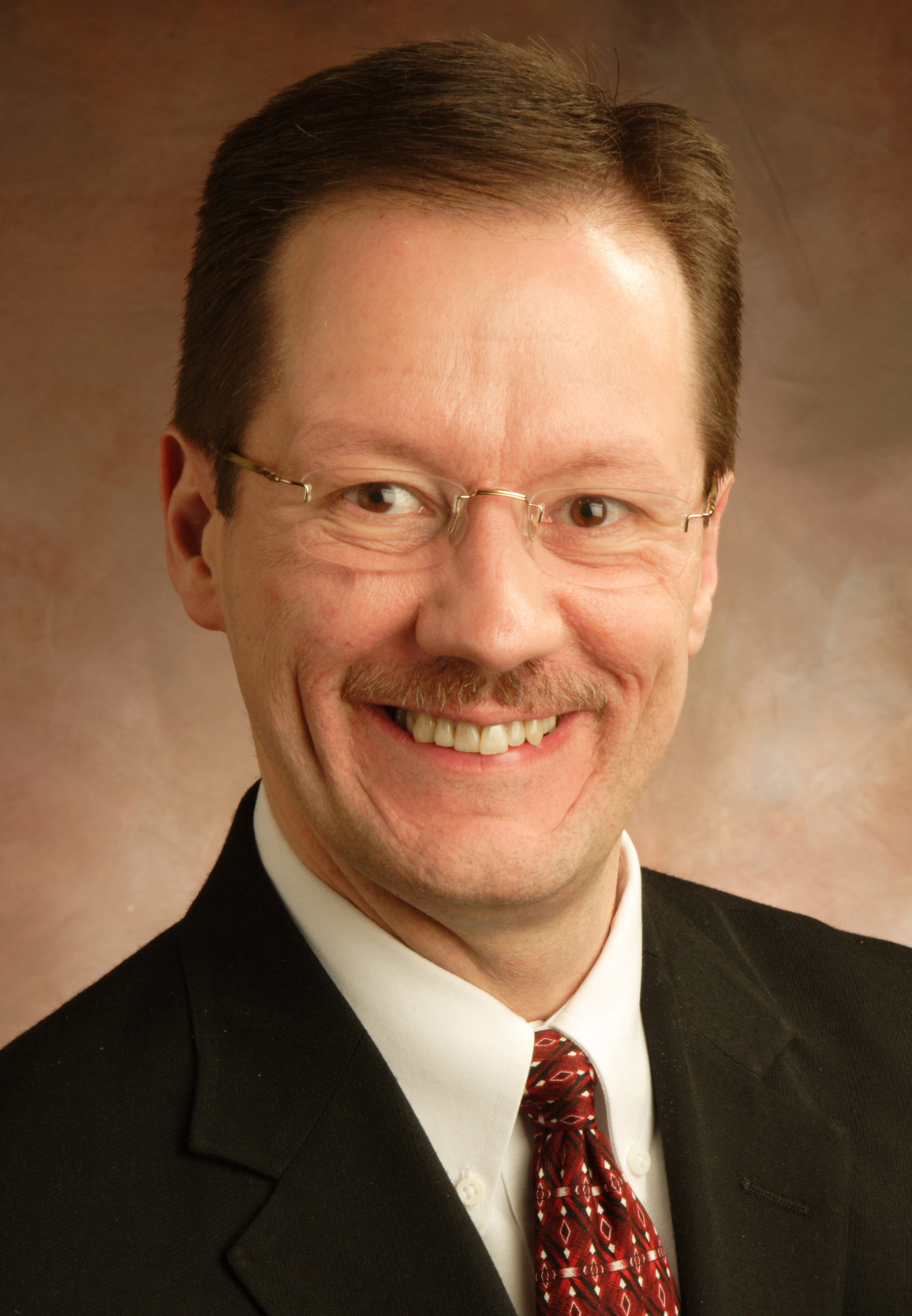
LOUISVILLE, Ky. (BP)–Time magazine’s recent cover article, “The 100 Most Influential People in the World,” is a fascinating look at people — male and female, young and old, North American and international, recognized and unrecognized — who are making significant contributions to their respective fields. Time editors and readers voted on the 100 honorees, and the recipients are arbitrarily categorized as leaders, artists, thinkers and heroes.
Recipients vary from singer Lady Gaga to U.S. President Barack Obama to Chinese blogger Han Han to golfer Phil Mickelson. In the list are politicians, business persons, soldiers, musicians/singers, economists, TV and stage personalities, humanitarians, comedians, writers, designers, restaurateurs, scientists, physicians, philanthropists, educators, philosophers, lawyers, sports personalities, and a firefighter. The article does not often list religious affiliation, but I suspect that among the list are those who claim Christianity, Islam, Buddhism, Hinduism, Atheism, or any number of other belief systems as their faith.
Several thoughts come to mind as I read this list. I am first reminded that the world in need of the Gospel is much larger than my daily Kentucky world. Included among these influencers are representatives from the United States, Brazil, Taiwan, Japan, France, Palestine, West Africa, Turkey, India, China, Canada, Russia, Ukraine, South Africa, Burma, Iran, Iraq and Yemen. In fact, at least 40 of the 100 influencers are internationals. The fact that East Asians and Africans are the most represented among the internationals should surprise only those who have not recognized ongoing geopolitical shifts around the world. The human race is much bigger than any of us — yet our Great Commission mandate to get the Gospel to this ever-changing and always growing world remains (Matthew 28:18-20).
We must do the Great Commission because all human beings — regardless of their achievements — are still eternally lost without a relationship with Jesus Christ. People all around the globe are doing good things like promoting progress in Africa and Haiti, standing against oppressive regimes, seeking cures for deadly diseases, advancing reforms in education, counseling and feeding the poor, and championing basic human rights. Such acts are certainly honorable and worthy of the attention of a major news magazine — but they do not earn salvation. That is, in all of our “goodness,” we remain sinners in need of a Savior (Romans 3:23).
Think, though, about the ramifications if some of these influencers became followers of Jesus. Time editor Rick Stengel rightly points out, “The Time 100 is not about the influence of power but the power of influence.” In that sense, what influence these leaders might have if following Jesus were their passion!
I understand, of course, that some may already follow Christ, and many would have no desire to do so. Just imagine, however …
— American military personnel sharing Christ in life or death situations.
— the salvation of a Japanese leader opening the door to revival in that hard-soil nation.
— converted French leaders/influencers calling Western Europe back to God.
— Hollywood moguls using their publicity machines to tell stories of their lives changed through Christ.
— Indian believers illustrating Christian unity and strength for a fractured nation.
— global philanthropists committing their resources toward the spread of the Gospel.
— Iranian and Iraqi believers living for the one and only true God.
And on and on the stories could go. How might such conversions happen, though? There is only one way: somebody must tell the influencers about Jesus (Romans 10:14).
This is where this edition of Time most captures my thinking. In many ways, this list of “influencers” is a list of unknowns. Even the editor admits such: “You might not have heard their names before.” He continues, though: “but their innovations and efforts will help change the world for years to come.” We may not recognize or remember long the names of some of the world’s most influential people, but the fruit of their labor may well outlast them.
Somehow, that just seems right in God’s economy. Think about the Great Commission believers who daily proclaim Christ around the world. They are salt and light to a lost world (Matthew 5:13-16), telling the Good News without concern for worldly recognition. Sometimes only their immediate family and friends recognize their names. In some cases, only a few others know where they are serving geographically. These believers will likely never be featured in a national magazine. For some, to paint their portrait across the cover of Time magazine might, in fact, be dangerous. But, these “unknowns” are willing to remain unknown, giving their lives so that Jesus alone might be known. We might not know their names, but “their efforts will help change the world for years to come.”
Their efforts will, in fact, change eternity — and that’s the kind of influence that really matters.
That’s Great Commission influence.
–30–
Charles E. Lawless Jr. is dean of the Billy Graham School of Missions, Evangelism and Church Growth at Southern Baptist Theological Seminary in Louisville, Ky.
















